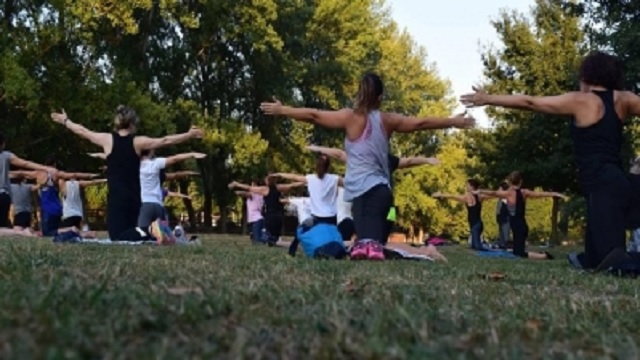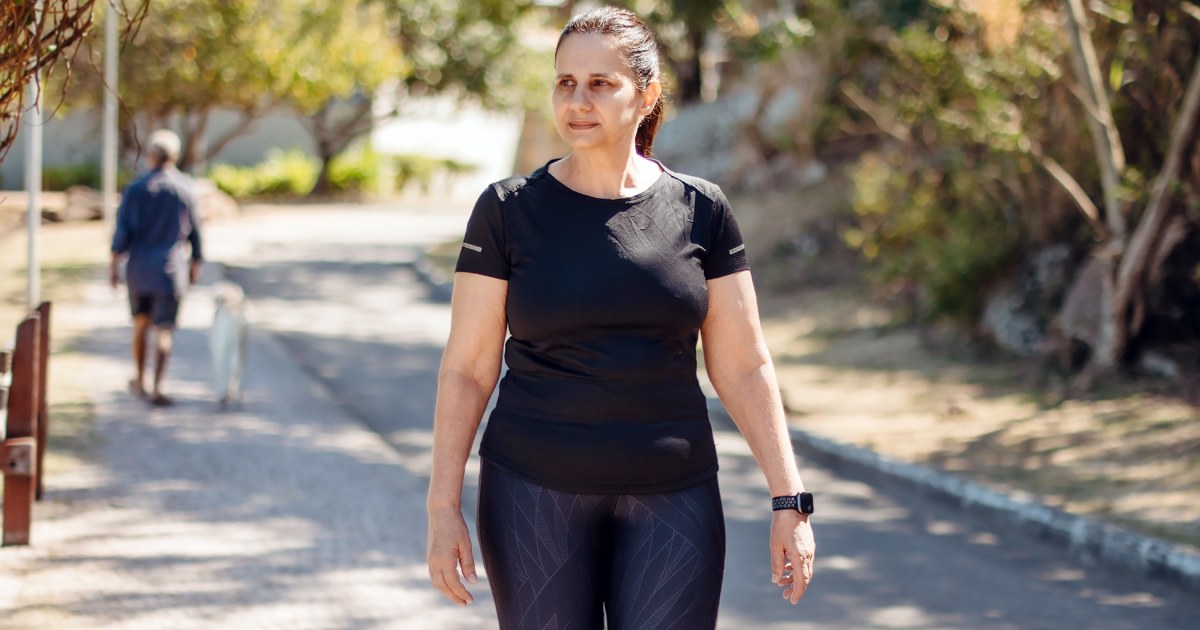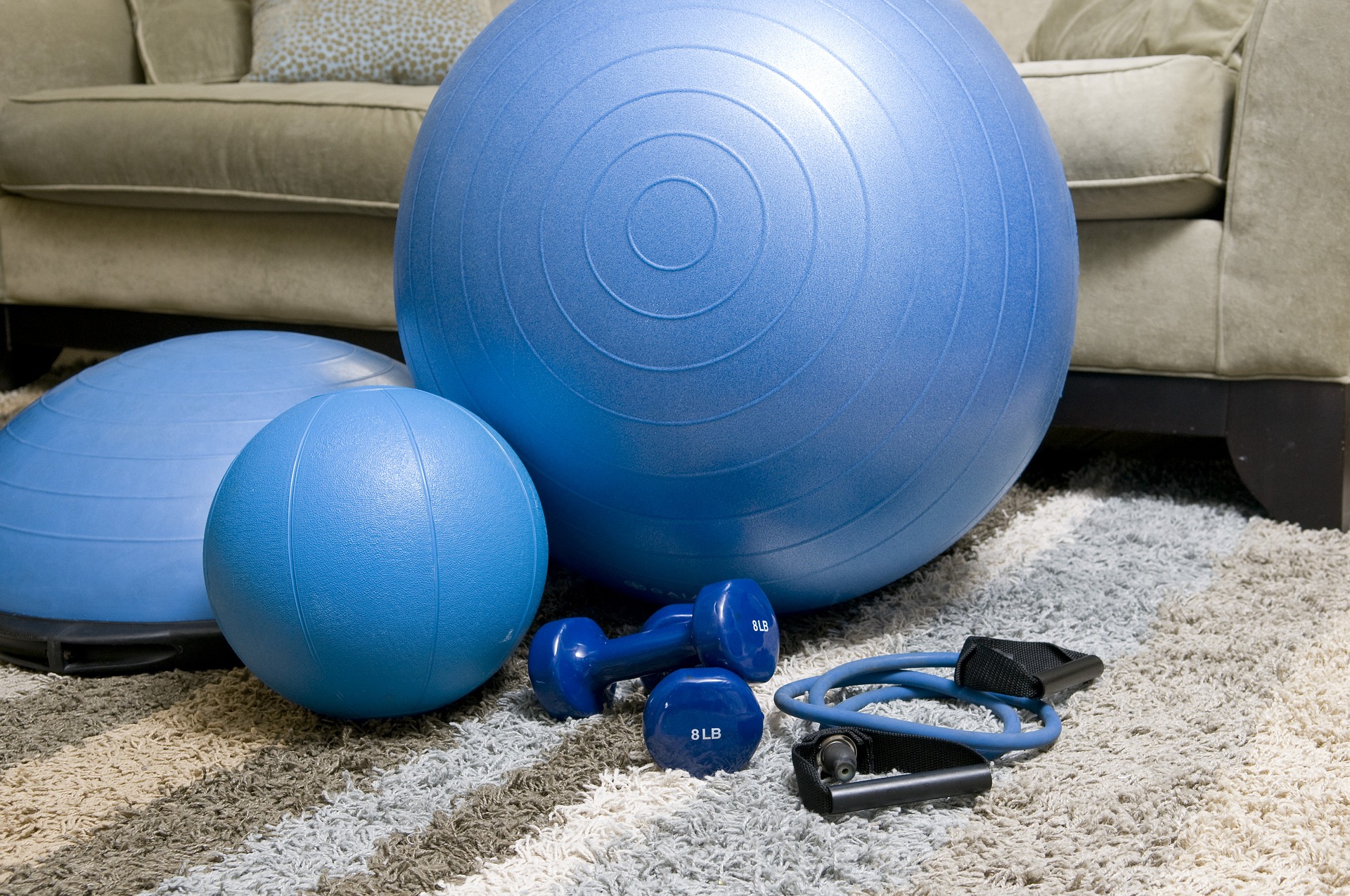Like most women, my menopause started when I was 47 or 48, but I had no idea
I didn’t know what signs to look out for, or even know that anxiety or insomnia were symptoms. It’s like being sucked into a black hole, because falling asleep is no longer a form of respite.
We live in an ageist society that tells us we’re failed and invisible, so you start to feel like you’re out of control in your life. But when I finally saw a female gynecologist in her 50s and explained to her how I felt, she said, “There’s no doubt you’re going through your menopause.
And it was such a relief, in fact, that someone finally put their finger on what I was going through. I had already done some blood tests – which are the only way to diagnose menopause at the moment – but they were inconclusive.
We still don’t know everything about menopause and as a society we’ve only scratched the surface.
But while doing research for our book Cracking the Menopause, Alice Smellie and I discovered that if you’re fit and healthy when you enter a period of tumultuous hormonal change, it really helps with the kind of symptoms you’re experiencing. . In my forties, after having all my children, I turned to pilates and continued with yoga.
I also like to walk, which for me has been a form of meditation and the place where I work out my ideas. I’ve also started a running group with school moms, where we can find a more productive way to chat. It really is a time in life where you have to take care of yourself, which is why I spend 20 minutes twice a week doing strength training with kettlebells. It was a saviour.
I haven’t always had a healthy lifestyle
I had periods of great debauchery in my twenties and thirties. I smoked, drank, and did all those kinds of things, but I always exercised too, because I’m a restless person. I get desperate when I have to do things on my own, so I prefer to date a girlfriend. I wish I could be a loner running through the hills, sounds good, but I’m just gonna make excuses. I didn’t exercise much in my twenties. But certainly by the time I hit my thirties, I was going to the gym three times a week.
I hated team sports at school
But throughout my childhood I lived in the countryside and spent hours outdoors running or walking with friends to school, so I was always active but never never been athletic.
I was a terror in school when it came to sports, especially physical education. When I compare the facilities to what most schools now have in the UK I was very lucky as they encouraged us to move our bodies. Although if you wanted to be lazy, you could get away with it.
We used to play this Irish version of hockey, and I was the one on the team that ran away from the ball, because it was such a hard ball and I was really scared of it.
On a few occasions I played tennis, as I thought it was quite glamorous. I even went to a two week immersion tennis camp in Jamaica, took lessons and was still absolutely useless. I couldn’t serve and nobody wanted to play with me.
In the 80s, there were a lot of fad diets and people liked aerobics, but I didn’t fall prey to it, because I just started thinking about food all the time.
But I’m 59 now and I’ve done all kinds of exercises you can think of. I remember when I used to go to a step class with my sister in the 90s, it was under the Westway in London at Portobello Studios. My sister is a very good dancer and has coordination, but I was hopeless. So I didn’t do that for very long.
I also tried aerobics classes. But I don’t really like being hot and sweaty in a crowded room. My best friend once took me to this spinning class in a basement, where all the lights were off except for the colored flashing lights at 7am. It’s not my cup of tea.
From youth, I think it’s important that we start preaching body positivity
None of us are perfect, but we are all as perfect as we will ever be. I focused on being strong in my life and in my body. I think that’s what helped me get through the peak of osteopenia, to have healthy bones. The whole life cycle of a woman’s body is important, not just periods.
Cracking the Menopause by Mariella Frostrup and Alice Smellie is available to buy in paperback next month (Bluebird, £9.99)
 AD Roberts
AD Roberts



